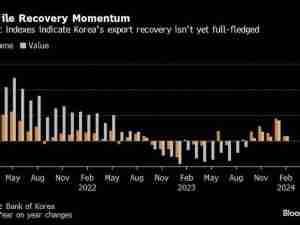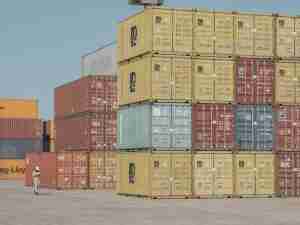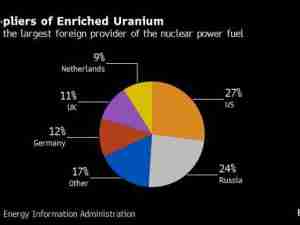U.K.’s May Wants ‘Economy Firing’ in Post-Brexit Industrial Plan
By: Alex Morales | Aug 01 2016 at 07:01 PM | International Trade
Prime Minister Theresa May will seek to get the British economy “firing” with a new industrial program as the U.K. negotiates its departure from the European Union.
May will lead the first meeting of a committee on economy and industrial strategy on Tuesday, with Chancellor of the Exchequer Philip Hammond, Trade Secretary Liam Fox and Greg Clark, whose department is responsible for delivering the plan, among a dozen cabinet ministers on the panel.
“We need a proper industrial strategy that focuses on improving productivity, rewarding hard-working people with higher wages and creating more opportunities for young people,” May said in a statement. “We also need a plan to drive growth up and down the country—from rural areas to our great cities. If we are to take advantage of the opportunities presented by Brexit, we need to have our whole economy firing.”
In a speech last month, May said a “proper industrial strategy” could be used to defend strategic industries and companies, citing the example of an attempt by U.S. drugmaker Pfizer Inc. to buy a Britain’s AstraZeneca Plc two years ago. The new committee will encourage innovation and focus on industries and technologies that give Britain a “competitive advantage,” according to her office.
The prime minister showed a flavor of the caution she may inject into corporate deal-making last week by delaying a decision over a contract with French utility Electricite de France SA to build a nuclear plant in conjunction with Chinese partners.
Even so, May has only sketched out what her industrial strategy may entail, and on Monday Parliament’s cross-party Business, Innovation and Skills Committee said it would begin an inquiry into her plans.
“Will this be a return to ‘picking winners’ by the government?” Iain Wright, chairman of the parliamentary panel, said in a statement. “Is it just a re-badging of existing policies? Or is the government going to make a genuinely new offer to support key industries right across the country?”







